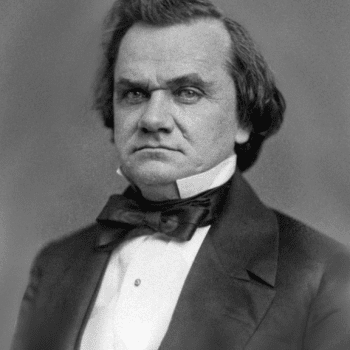You might have thought that eugenics–the attempt to breed a master race by keeping inferior sorts from having children–perished with the Nazis. But no. . . .
From Michael Brendan Dougherty, The troubling persistence of eugenicist thought in modern America – The Week:
It’s hard to shake the feeling that eugenics can make a comeback. Or that it never really left us.
When Supreme Court Justice Ruth Bader Ginsburg gave a recent interview to Elle, she let slip a statement that almost sounded like something a 1920s-style eugenicist would say. Talking about the rise of state-level restrictions on abortion, the liberal justice said, “It makes no sense as a national policy to promote birth only among poor people.”
And remember, a few years ago, Ginsburg had to deny that she believed eugenic thought influenced the Supreme Court’s Roe v. Wade decision. She had noted a prevailing concern about population growth at the time of the decision, “particularly growth in populations that we don’t want to have too many of.”
That Ginsburg had to disavow the plain meaning of her earlier words is a good sign that people are repulsed by eugenics of a certain type. We simply would not tolerate a modern Supreme Court justice with the cut of Wendell Holmes, who wrote in 1927’s Buck v. Bell: “It is better for all the world if, instead of waiting to execute degenerate offspring for crime or to let them starve for their imbecility, society can prevent those who are manifestly unfit from continuing their kind. The principle that sustains compulsory vaccination is broad enough to cover cutting the Fallopian tubes. Three generations of imbeciles are enough.” Southern states have recently compensated victims of their own Holmes-inspired sterilization laws. So much history, gladly forgotten. Right? Well, not necessarily.
Eugenics has hung around. In response to Ginsburg’s quotes, people have rediscovered Ron Weddington, co-counsel in Roe and a man who advised Bill Clinton to make abortifacients universally available with these words: “You can start immediately to eliminate the barely educated, unhealthy, and poor segment of our country. It’s what we all know is true, but we only whisper it.”
The idea that it will be criminals and the unhealthy who are aborted or birth-controlled out of existence has persisted in less explicitly racial terms for some time. Economists Steven Levitt and Stephen Dubner made a case in the wildly popular Freakonomics that the ever-lowering crime rate their big-city audience was experiencing was due to legalized abortion. It wasn’t a eugenic argument for abortion, just a convenient eugenic side effect. Indeed, 41 percent of all pregnancies in New York City ended in abortion in 2010, although the rate was lower in Manhattan than in the Bronx, where certain “populations” are more concentrated. Somewhere in hell, Holmes smiles.
[Keep reading. . . ]















